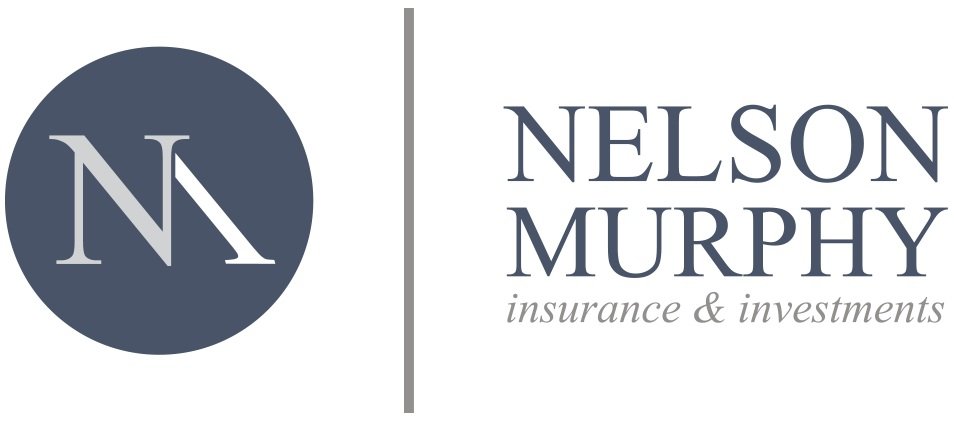Think Your New House is a Fantastic Investment?
Housing is rarely the best use of your money from an investment viewpoint
Despite continued low mortgage rates and tales of bidding wars, multiple offers and all-cash closings above asking-price, would-be-home-purchasers should be cautious about putting too much money into real estate. While some might disagree, for a myriad of reasons, it’s not always a great investment and seldom has been.
Owning your own home – or owning several homes – has long been the American dream. Your home may be your castle, and even your biggest asset, but is it a good investment?
Remember Why You’re Buying
Although there are significant psychological benefits to home ownership, the hidden truth is that housing is rarely the best use of your money from a strict investment viewpoint. Although there’s certainly an investment component to purchasing a home, the primary purpose of owning is personal use and enjoyment. Part of that includes soft costs – care, maintenance and even decorating – that are part of living in the house. When you buy a house, you may wind up spending enormous amounts of money not only on upkeep but also on improving and decorating it. Soft costs represent enjoyable expenditures, but people need to keep in mind they are expenses, not investments in the property.
Cost of the House Plus 30%
A good rule of thumb is that it costs as much 30% of the market value of a home to furnish and appoint it. So in some ways, that means you’re starting with a 30% loss the day you get the keys.
If you’ve got a $500,000 dollar home and it costs you $150,000 to get it ready to live in, then you’ve paid $650,000 for it regardless of what your initial purchase price says. As such, because of the amount of money that homeowners sink into their properties, even if you sell for more than you paid, it is not a sound investment in the true sense of the term.
Think About Inflation
Additionally, you have to consider the erosion that inflation inflicts on home values. According to Realtor.com, over the past 100 years, real estate prices increased an average of 3.3% annually, while the inflation rate in the U.S. was 3.1%. At times when the inflation rate exceeds the rise in housing prices, you actually lose money.
Of course, we’ve also seen periods when home prices fall, which means that any inflation is even more harmful. If you hold a home for 30 years and it doubles in value, the nominal value may be twice as much as you paid for it, but the true value in dollars, adjusted for inflation, is often less than you paid.
Houses don’t keep pace with inflation very easily, and if they do, by the time you consider the costs of moving in, living there and decorating it, a house is virtually a guaranteed loss. Certainly, there have been periods in history, including very recently, where real estate prices have gone up precipitously, and ownership has been a moneymaker.
What you need to remember, however, is that such times are an aberration. For those folks who experienced it, it was lucky they happened to buy and sell at the right time. But many didn’t, and now they own an asset whose value has declined considerably.
If primary residences aren’t a good financial investment, vacation homes are even worse. Vacation homes are purely a luxury. There is no question that renting a vacation home for several weeks or even months a year is a better financial decision.
The reasons are fairly simple: A rental home doesn’t become a personal financial responsibility. Despite the cost per day, it’s still less expensive than full-year home ownership, and renting allows you to go to different vacation spots each year.
How Much Can You Really Afford?
The median household net worth in the United States in 2019 was about $68,000, according to the U.S. Census Bureau. This means that half of U.S. households have less than $68,000 to their name, including any equity in their homes.
Intuition says that it’s quite possible that better than 25% of those households are also in the red, meaning their net worth is negative, and they are living paycheck to paycheck just to pay the interest on all the nonsense they own, including their homes.
So what that means is that the average American household definitely should not be looking at vacation homes, regardless of current low housing prices. And at the risk of giving blanket advice, many households shouldn’t even be looking at owning a primary home, given the real costs. However, we have to acknowledge the incredible psychological enjoyment in having that vacation home in the family, maybe for generations. But it is purely a luxury and not something the average American household can even attempt.
To afford and maintain the family beach house, the owners may need to sacrifice – perhaps by downsizing to a less expensive personal residence. Or by skipping trips to other vacation spots. Then, the psychological benefits of owning a vacation home can outweigh the financial burden of doing so. Although homes for personal and family use are not good investments, that doesn’t mean that people should avoid buying homes.
There are intangible benefits to home ownership. You probably like owning and improving a home and the feeling that your family has its “nest.” Psychologically, it’s worth the expense to you.
That said, you should not buy a home believing that it will make you money. It simply won’t.
It’s going to cost you money – lots of it.
“Think Your New House is a Fantastic Investment?” FMeX. 2021. https://abm.emaplan.com/ABM/MediaServe/MediaLink?token=07e194cfc55544eea172cd18886a1d0a

